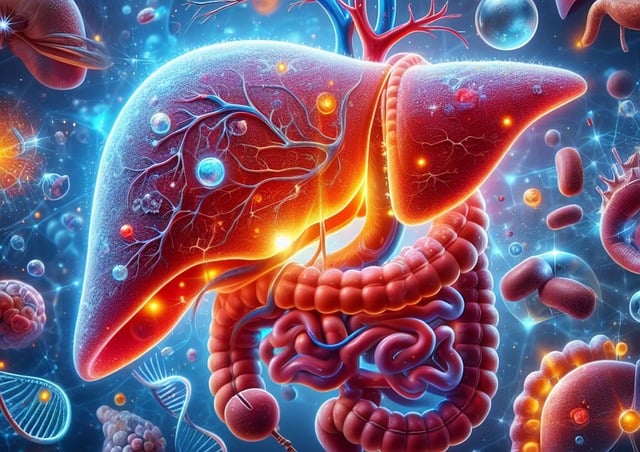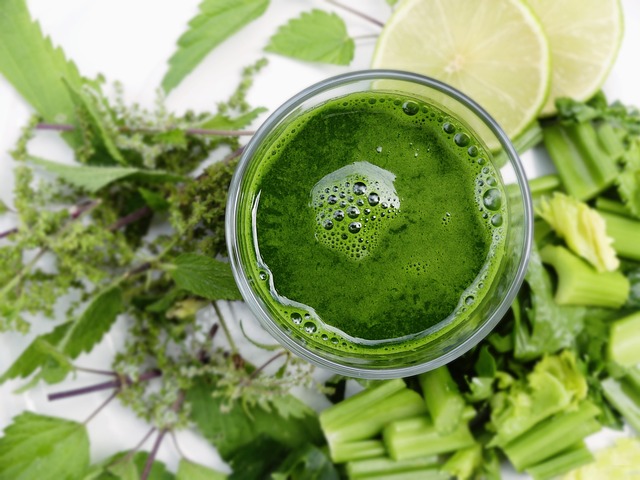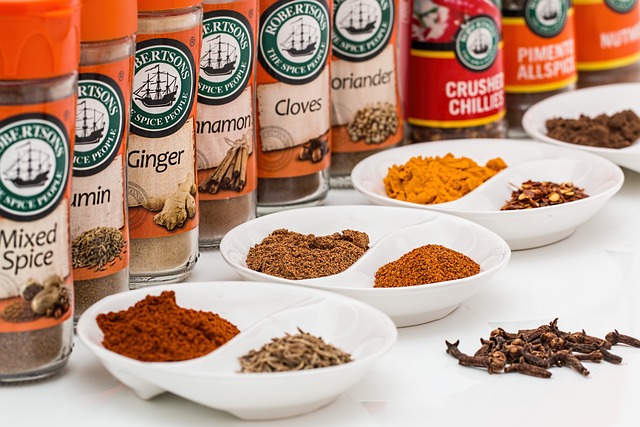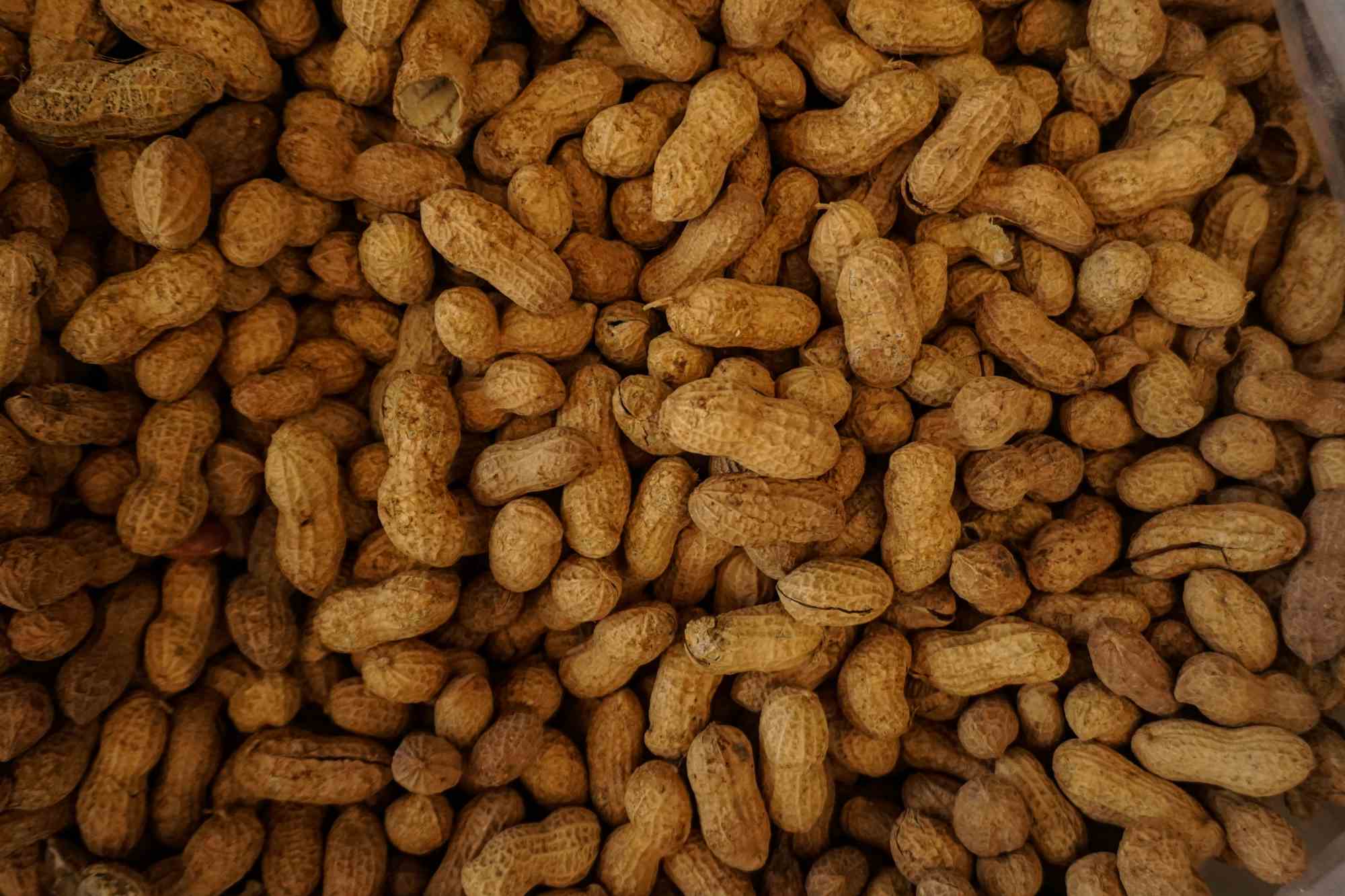
Introduction
The liver is one of the body’s hardest-working organs, performing over 500 essential functions every day. From filtering toxins to storing essential nutrients, the liver plays a critical role in maintaining overall health. However, due to modern diets and lifestyle choices, many people face liver-related health issues without realizing it. This guide explores liver health comprehensively, covering common liver conditions, natural ways to support the liver, foods to include in your diet, supplements, and more.
The Liver’s Role in the Body
The liver is involved in numerous vital processes that sustain health, including:
Detoxification:
The liver processes toxins and filters out harmful substances from the blood.
Nutrient Metabolism:
It helps convert nutrients into forms usable by the body, including converting glucose for energy and breaking down fats and proteins.
Vitamin and Mineral Storage:
The liver stores vitamins (A, D, E, K, and B12) and minerals like iron and copper, releasing them when needed.
Blood Regulation:
The liver synthesizes proteins essential for blood clotting and regulates blood glucose levels.
A healthy liver contributes to better digestion, energy levels, immunity, and mental clarity.
Common Diet-Related Liver Conditions
Diet plays a significant role in liver health, with high-fat, high-sugar, and processed diets leading to an array of liver diseases. Here are some common conditions:
Non-Alcoholic Fatty Liver Disease (NAFLD):
NAFLD affects those who consume little to no alcohol. It’s closely related to obesity, insulin resistance, and metabolic syndrome. Symptoms often include fatigue, abdominal discomfort, and mild inflammation.
Alcoholic Liver Disease (ALD):
Caused by excessive alcohol consumption, ALD can progress from fatty liver to cirrhosis if alcohol intake is not controlled.
Cirrhosis:
This is the final stage of chronic liver disease, characterized by extensive scarring that hinders liver function. Causes include chronic hepatitis, excessive alcohol intake, and unmanaged fatty liver disease.
Hepatitis:
Often caused by viruses, hepatitis can lead to inflammation and swelling, sometimes resulting in liver damage.
Understanding these conditions and recognizing early symptoms can help prevent progression.
Recognizing Symptoms of Liver Issues
Liver issues often go undetected because early symptoms can be subtle. However, certain signs indicate potential liver dysfunction:
Fatigue and Weakness:
Persistent fatigue is a common early symptom.
Jaundice:
Yellowing of the skin or eyes due to high bilirubin levels.
Swelling in the Abdomen or Legs:
Retained fluids can cause abdominal bloating or swelling in the legs.
Nausea and Digestive Issues:
Loss of appetite, nausea, and changes in stool color are also signs.
Itchy Skin:
Bile buildup can lead to itching.
If any of these symptoms persist, it’s advisable to consult a healthcare provider for liver function tests.
Natural Ways to Support Liver Health
Liver health can often be improved with natural lifestyle changes, particularly avoiding known toxins and incorporating supportive habits.
Alcohol:
Excessive alcohol causes inflammation and fatty buildup in the liver. Limiting alcohol intake—or eliminating it altogether—significantly supports liver health.
Tobacco:
Smoking introduces harmful chemicals that can burden the liver. Reducing or quitting smoking helps reduce stress on the liver.
In addition to avoiding toxins, incorporating the right nutrients and lifestyle practices can strengthen the liver.
Liver-Friendly Foods
Certain foods are particularly beneficial for liver health, aiding in detoxification and reducing inflammation:
Leafy Greens:
Spinach, kale, and arugula are rich in chlorophyll, which helps neutralize toxins.
Berries:
Blueberries and cranberries are high in antioxidants that protect liver cells from damage.
Turmeric and Ginger:
Both have anti-inflammatory properties and promote bile production.
Beets:
High in antioxidants and fiber, beets improve liver function and support detoxification.
Citrus Fruits:
Lemons and oranges contain vitamin C and antioxidants that stimulate liver enzymes.
Incorporating these foods into daily meals can provide ongoing liver support.

Liver-Friendly Recipes
Turmeric & Ginger Detox Smoothie
Ingredients:
1 tsp turmeric powder, 1/2 inch fresh ginger, juice of 1 lemon, a handful of spinach, 1 tbsp parsley, 1 cup water.
Instructions:
Blend all ingredients until smooth. Drink daily to support liver function.
Benefits:
Anti-inflammatory, promotes bile production, and helps detoxify the liver.
Beet and Carrot Liver Cleansing Salad
Ingredients:
1 grated beet, 1 grated carrot, 1 tbsp apple cider vinegar, 1 tbsp olive oil, salt, and pepper.
Instructions:
Mix all ingredients and enjoy. This high-fiber salad supports liver cleansing.
Benefits:
Beets and carrots are rich in fiber and antioxidants, promoting liver detoxification.
Herbal Support for Liver Health
Several herbs can help support liver health by enhancing detoxification and reducing inflammation:
Milk Thistle:
Contains silymarin, a compound that supports liver cell regeneration.
Dandelion Root:
Acts as a natural diuretic, helping the liver eliminate toxins.
Licorice Root:
Known for its anti-inflammatory effects, it can help reduce liver inflammation.
These herbs can be taken as teas, tinctures, or supplements.
Essential Vitamins and Minerals for Liver Health
Certain nutrients are essential for optimal liver function:
Vitamin C:
Powerful antioxidant that protects liver cells from damage.
B-Complex Vitamins:
Supports liver enzyme functions and energy metabolism.
Zinc:
Helps the liver process toxins and supports immune function.
Selenium:
Essential for antioxidant production and protecting liver cells.
Consider supplementation if these nutrients aren’t consistently present in your diet.

Physical Activity for Liver Function
Regular exercise promotes liver health by improving metabolism, reducing inflammation, and helping manage body weight.
Recommended Activities:
Moderate Aerobic Exercise:
Walking, swimming, and cycling 3-4 times a week.
Strength Training:
Building muscle supports metabolic health, reducing liver strain.
Aim for 150 minutes of moderate activity weekly to support liver function and overall wellness.
Additional Tips for Optimal Liver Health
Hydration:
Drinking enough water aids detoxification and helps the liver filter waste.
Stress Management:
Chronic stress can impair liver function, so incorporating mindfulness or relaxation exercises is beneficial.
Quality Sleep:
The liver regenerates during sleep, so prioritize 7-8 hours of rest each night.
These lifestyle changes, combined with a balanced diet, can have a profound impact on liver health.
Conclusion
Taking care of your liver naturally is an essential step toward holistic health. By focusing on a liver-friendly diet, the right supplements, and regular physical activity, you can support your liver’s many functions and help prevent diet-related liver diseases.
Subscribe to our newsletter, follow us on social media to let us know how you’re working towards a balanced life!
Oral Health: Causes, Prevention, and the Role of Nutrition
Oral health is often a neglected part of our...
Food Allergies: Causes, Symptoms, and Management
Food allergies and sensitivities are...
Unintentional Weight Loss
Unintentional weight loss can be distressing,...
The Negative Impacts of Plastic Usage on Health and the Environment
Plastic has revolutionized modern life,...
The Impact of Social Media on Body Image: How It Affects Women’s Health
Social media has transformed how we connect,...
Why Women Need Nutrition Counseling Beyond Weight Loss
Women face unique challenges when it comes to...
The Benefits of Journaling for Mental Health
Journaling has gained recognition as a powerful...
Minimalism and Health: The Effects of a Minimalist Lifestyle on Mental and Physical Well-being
Living in a world where consumerism and constant...
Physical activity: Cardio, Strength Training, Yoga, and Pilates
Engagement in regular physical activity is...










